Duration
Class Schedule
Financial Aid
Placements
Access to state of the art equipment and industry-centric curriculum, shaping future success.
The B.A. in Instrument (Specialization in Indian/Classical Instrument) program is designed for students with a focus on building advanced instrumental techniques, sight-reading and ensemble performance while fostering a strong understanding of music theory, composition and the cultural history of Classical / Western music.
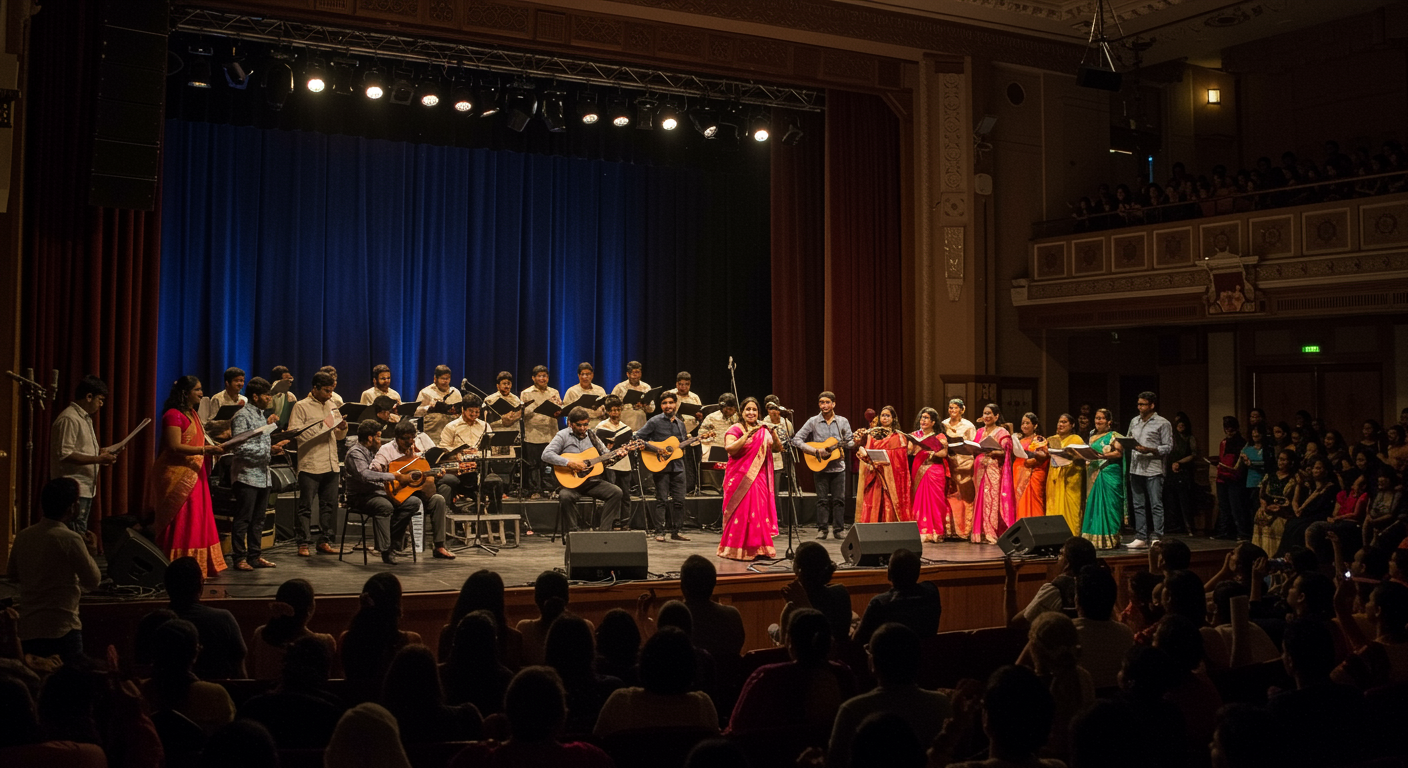
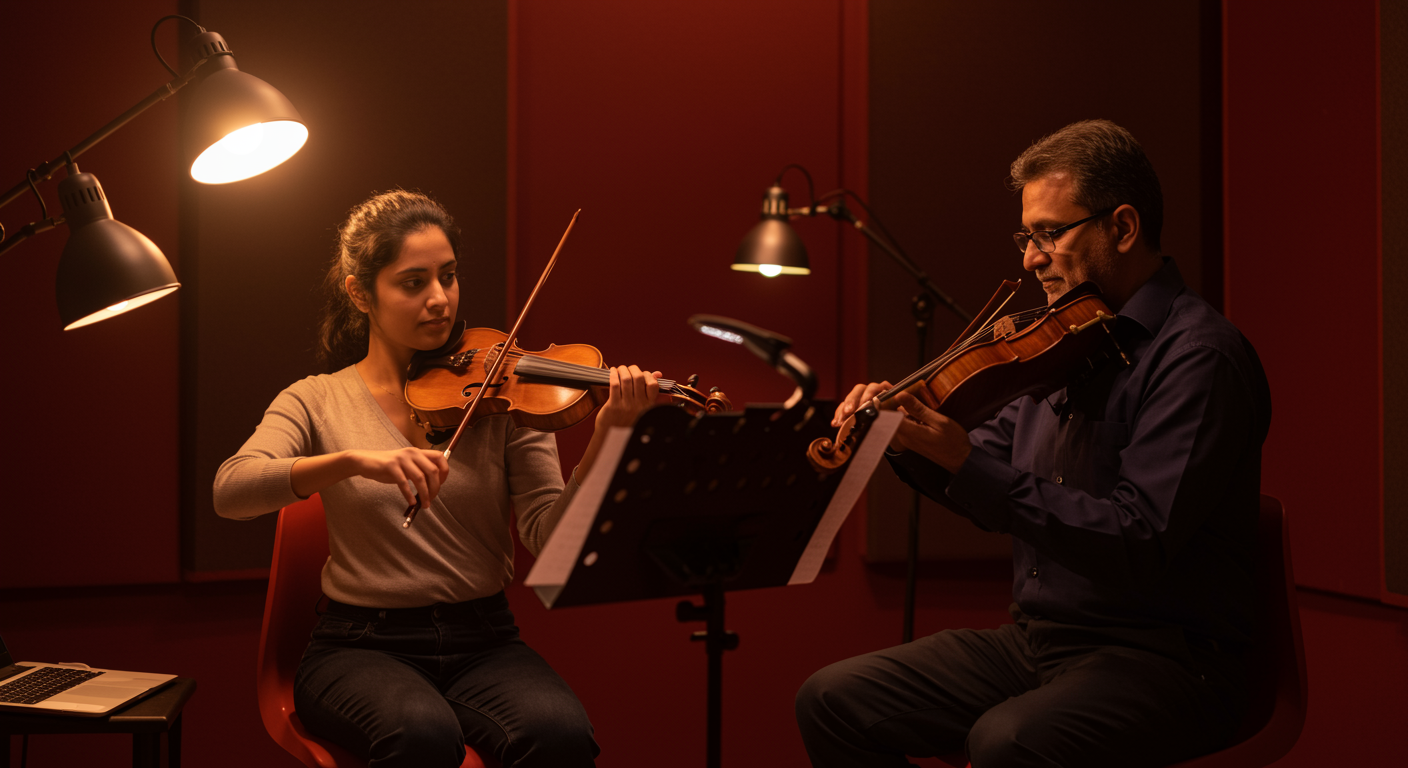
The program B.A. in Instrument (Specialization in Indian/Classical Instrument) is industry-aligned 70:30 assessment structure - with 70% focus on practical sessions and live performances, stage presentation and practical raga work, and 30% on written assessments, music theory and critical appreciation. This program offers a holistic development of both artistic expression and intellectual understanding, preparing students for real-world music careers.
Throughout the program, you will engage in interactive lectures, voice culture workshops, 1:1 vocal tutorials, live performances and exclusive masterclasses by renowned vocalists and musicians.
At AAFT, you’ll learn from a team of accomplished educators and active industry professionals—including renowned musicians and vocalists. Their ongoing involvement in national and international projects keeps the curriculum relevant, future-facing, and aligned with industry trends.
The B.A. in Instrument (Specialization in Classical / Western Instrument) program also offers valuable exposure through guest lectures, on-campus masterclasses, professional studio visits, and opportunities for expert mentorship and industry consultation, giving you insights that go beyond the classroom.
AAFT provides a strong commitment and assurance for employment prospects upon completion of your academic programs. We have developed strong alliances with numerous industrial partners.
We organize job fairs and offer career counseling services to improve students' prospects for employment (more on EDGE and CARE). We provide training to students to ensure their abilities are in line with the expectations of the industry.
The course blends creative expression with classical and contemporary vocal techniques, combining rigorous practice with musical theory and critical listening. Through live performances, studio recordings, industry internships, and a final recital portfolio, you will cultivate a unique vocal identity that reflects both artistic depth and technical skill. You will master voice modulation, pitch control, stage presence, music interpretation, and digital production - preparing you for a vibrant career in playback singing, live performance, music composition, or teaching.
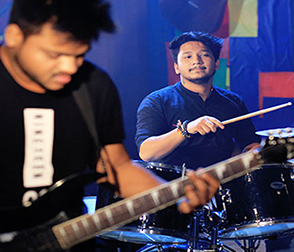
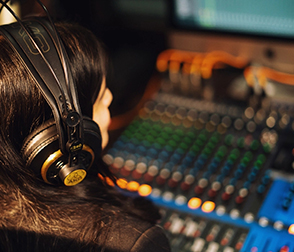
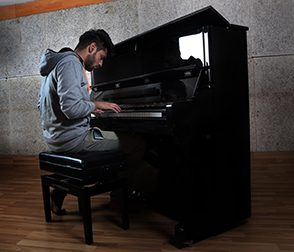
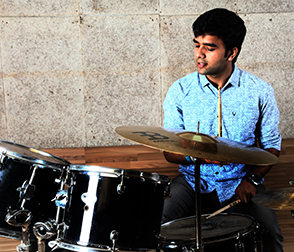
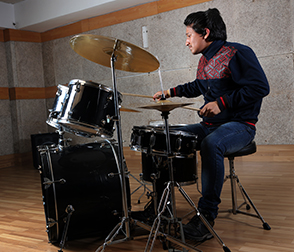
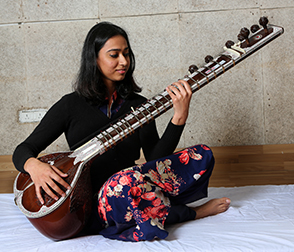
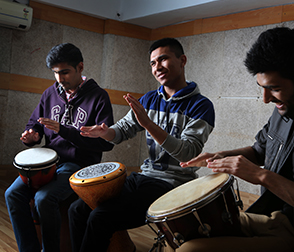
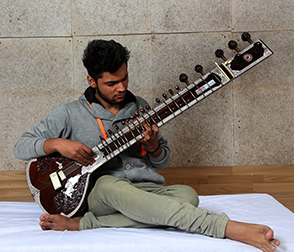
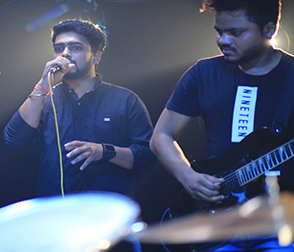


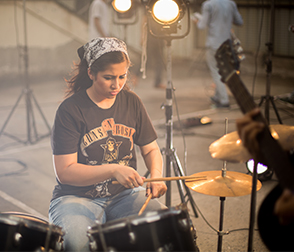
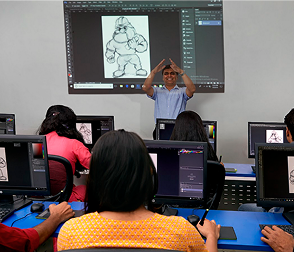
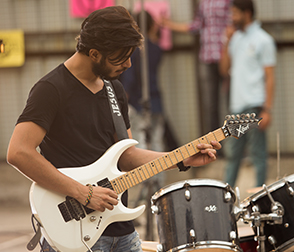

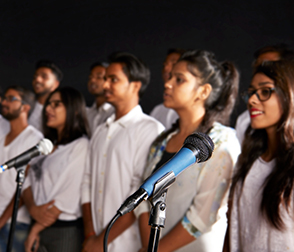
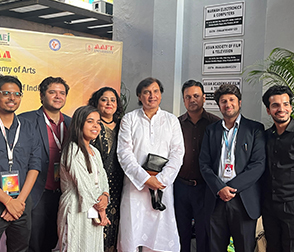
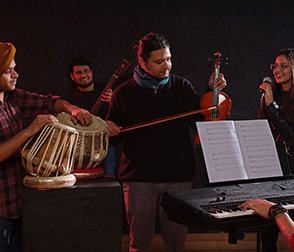
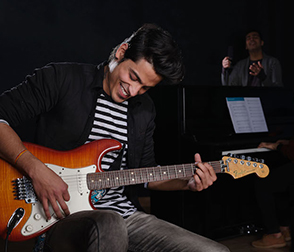
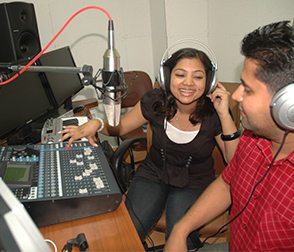
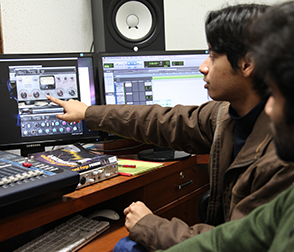
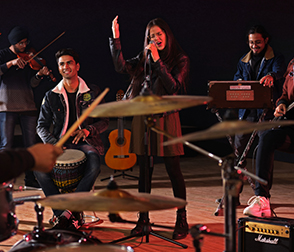
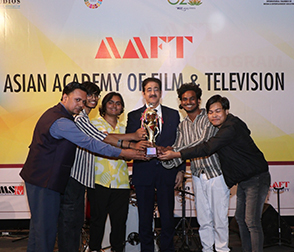
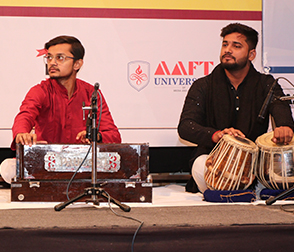
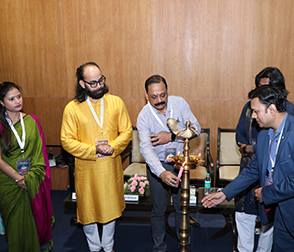
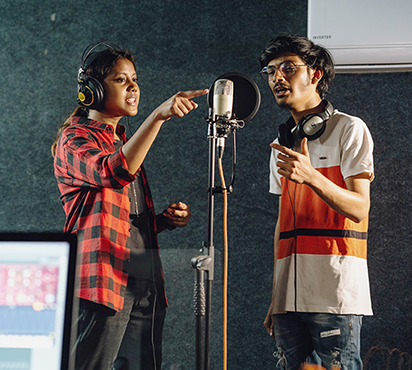
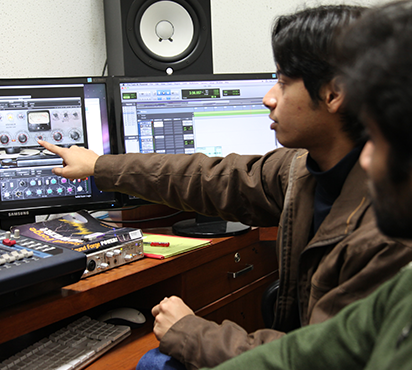
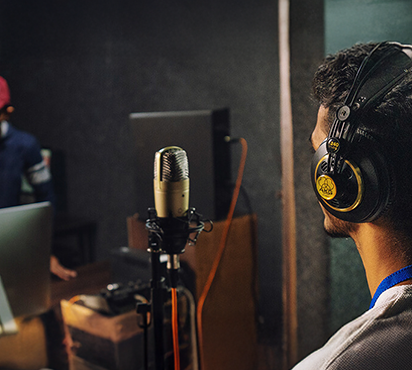
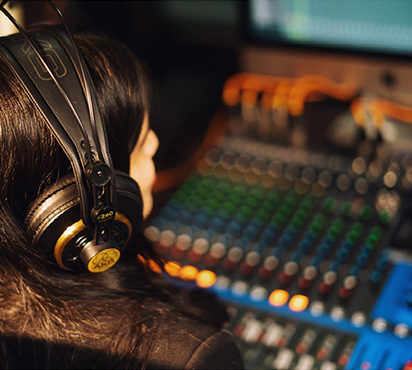
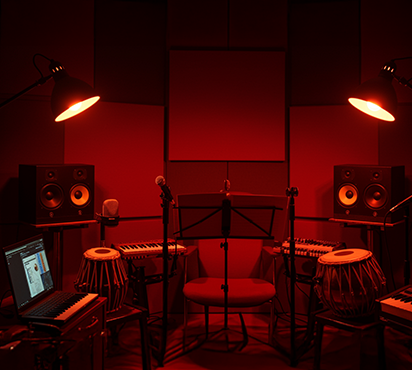
AAFT Boats of a highly qualified and experiences team of professor who hold impeccable industrial acumen after having led successful careers in their respective fields.
A Grammy Award winner, Mr. Beri is a trailblazer in the global music industry, celebrated for his innovative artistry and groundbreaking productions that deeply resonate with audiences. Known for his intricate compositions and technically brilliant work, he has consistently pushed the boundaries of music production. Beginning his journey as a sound engineer, Mr. Beri has collaborated with a diverse array of artists across genres, including folk, spiritual, pop, and acoustic music. His remarkable portfolio includes global tours, mixing for Grammy-winning acts, films, and both emerging and established musicians. As Industry Dean of AAFT’s School of Music, Mr. Beri’s expertise will be instrumental in guiding students and helping them explore the transformative power of music.
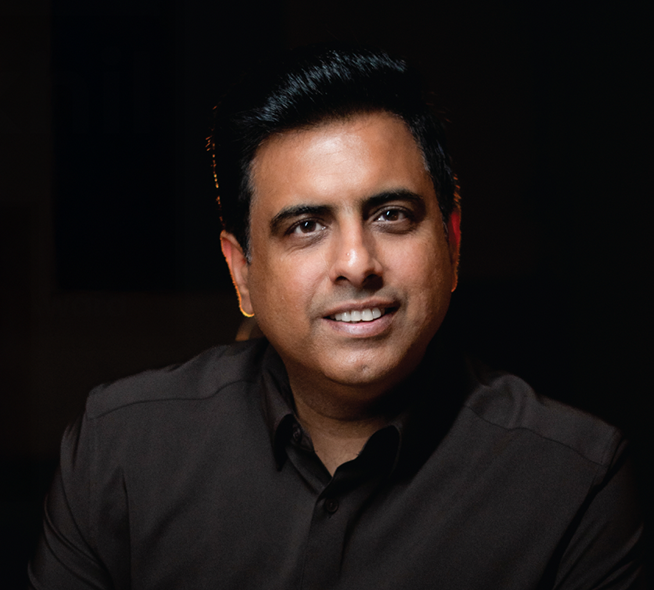
A Grammy Award winner, Mr. Beri is a trailblazer in the global music industry, celebrated for his innovative artistry and groundbreaking productions that deeply resonate with audiences. Known for his intricate compositions and technically brilliant work, he has consistently pushed the boundaries of music production. Beginning his journey as a sound engineer, Mr. Beri has collaborated with a diverse array of artists across genres, including folk, spiritual, pop, and acoustic music. His remarkable portfolio includes global tours, mixing for Grammy-winning acts, films, and both emerging and established musicians. As Industry Dean of AAFT’s School of Music, Mr. Beri’s expertise will be instrumental in guiding students and helping them explore the transformative power of music.
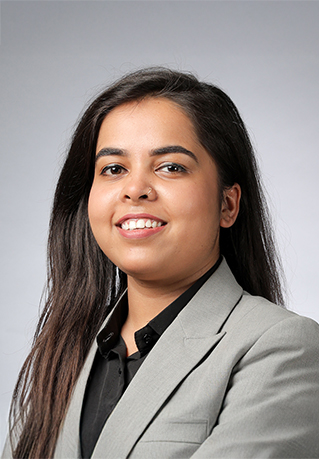
Teaching Assistant
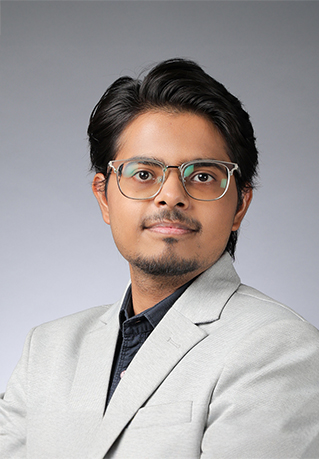
Teaching Assistant
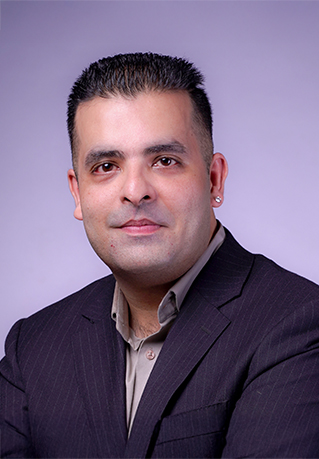
Assistant Professor
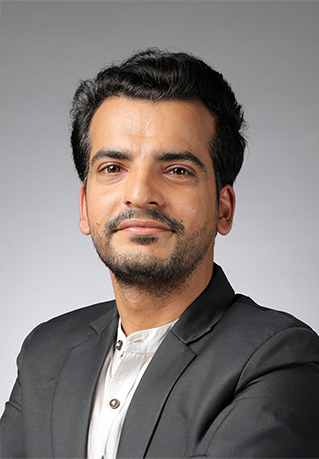
HOD
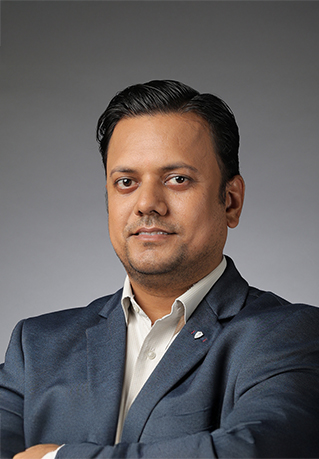
Dean & COE
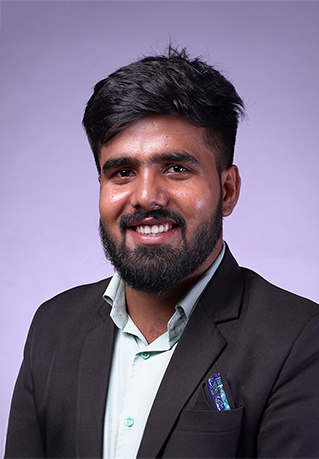
Sound Engineer

Assistant Professor
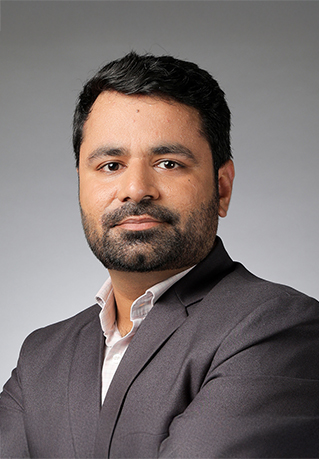
Assistant Professor
Guitarist
Third Eye Band

Be Rock Entertainment
Music Recorder
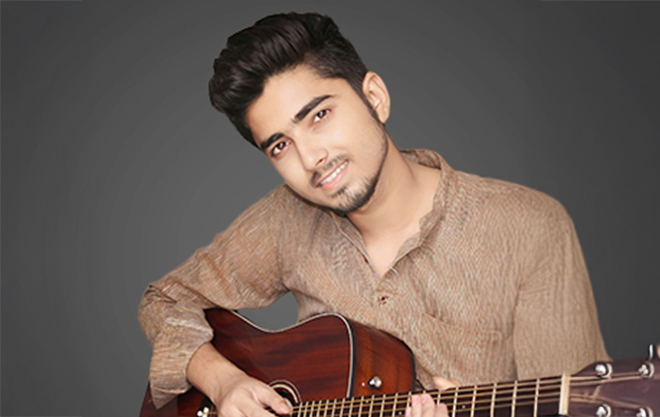
Magnifiers
Audio Engineer
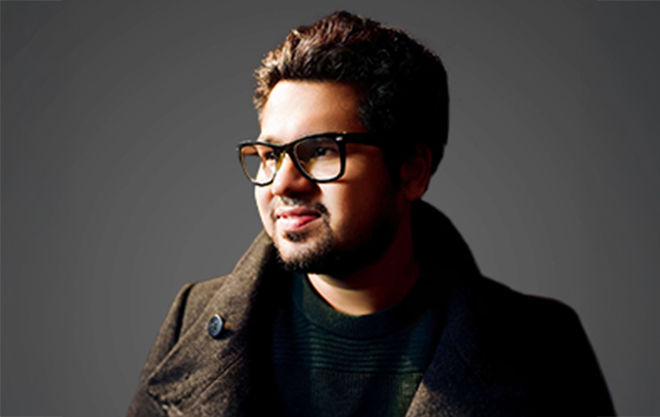
Zehen Music
Vocalist

We attract exceptional candidates who possess a blend of intellectual curiosity, leadership potential and a passion for music, thereby creating a cohort of promising future leaders.
Candidate must have a 10+2 from a recognized university/institution
Candidate must have a minimum of 50% marks in 10+2 (45% for reserved categories)
Candidate need to clear the AAFT Global Entrance Test (GET)
Candidate must have a 10+2 from a recognized university/institution
A personal interview will be conducted to screen your application.
Post the admission round, the admission letter will be rolled out to the selected candidates.
This undergraduate program focuses on building professional-level proficiency in classical or western instruments such as the sitar, tabla, violin, piano, guitar, drums, and more. Students explore music theory, performance techniques, history of music, and stage presentation.
Graduates can pursue careers as performing artists, session musicians, music educators, composers, arrangers, or music producers. Many also go on to work in orchestras, bands, film scoring, theatre, or as solo artists.
Basic knowledge or foundation in music is preferred, though not mandatory. Applicants may need to clear an audition or musical aptitude test depending on the institution’s admission process.
The Classical specialization focuses on Indian ragas, talas, and traditional instruments rooted in Indian heritage. The Western specialization explores global genres, staff notation, harmony, and instruments commonly used in Western orchestras and modern music setups.